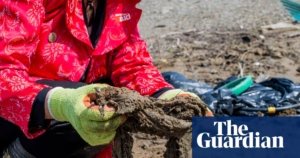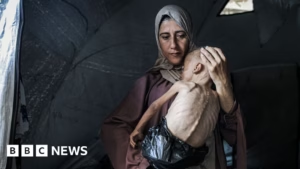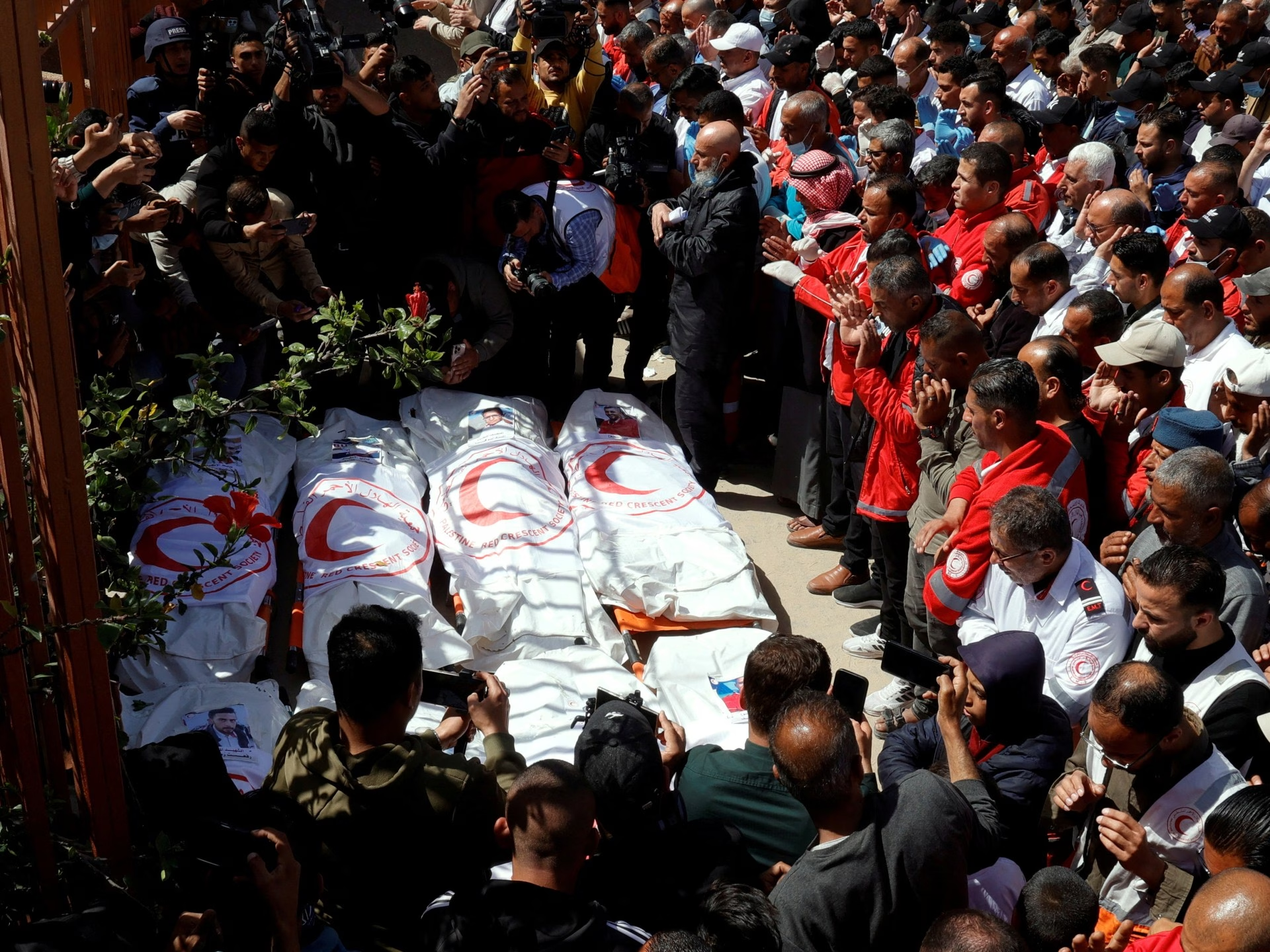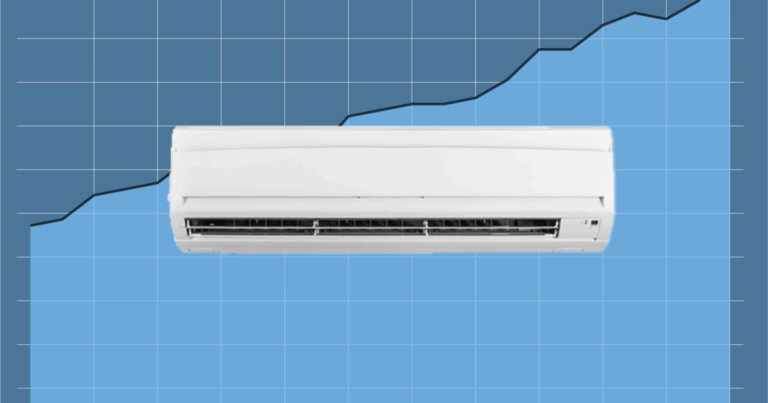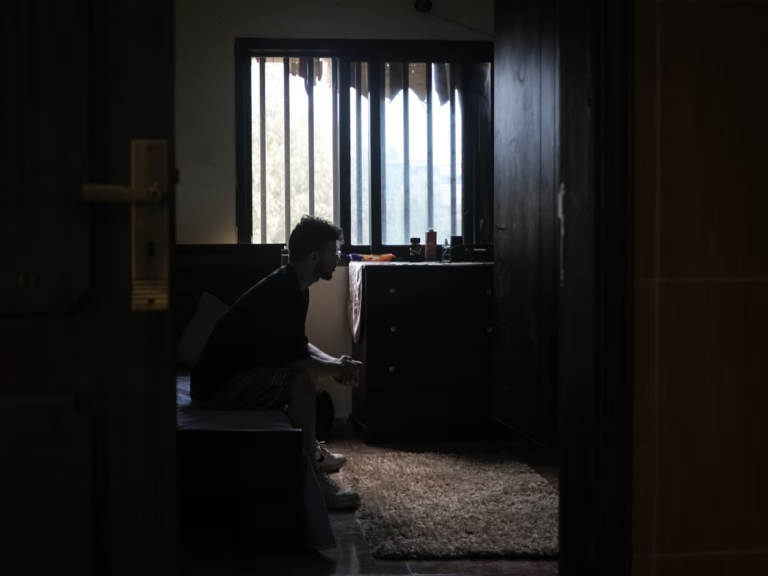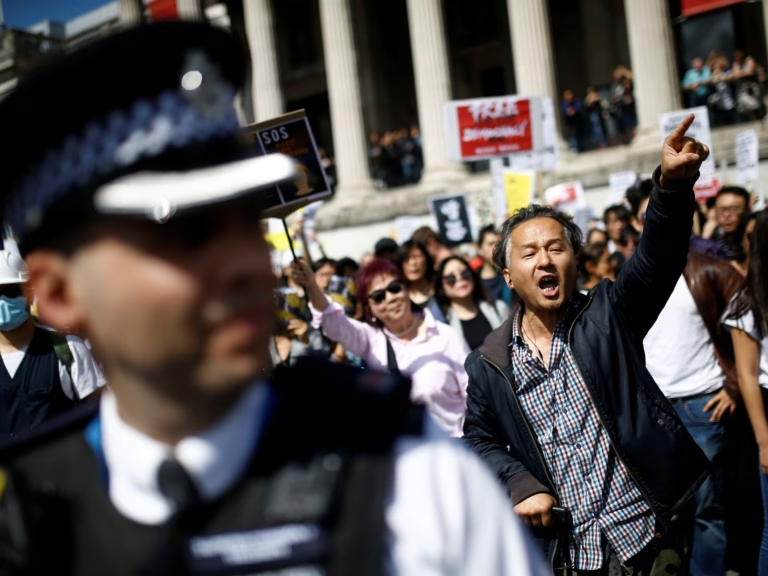On March 23 in Rafah, southern Gaza, an Israeli strike killed 15 members of the Palestine Red Crescent Society and Civil Defence.
Not fighters, but medics and humanitarian aid workers. They faced the danger head-on when bombs hit, risking their lives to save injured individuals.
On that day, Israeli forces targeted a convoy of clearly marked ambulances and emergency vehicles. Eight Red Crescent staff, six Civil Defence, and one UN personnel were killed.
The Israeli military alleged the vehicles were unmarked and suspected to carry militants, which proved to be a falsehood.
Phone footage from one of the medics, Rifat Radwan, showed the vehicles were brightly marked, with no signs of weapons — before heavy Israeli fire ensued.
Rifat, among others, was later identified in a mass grave, with signs indicating execution.
Dehumanization is at play here, displaying a system where Palestinians must relentlessly prove their innocence and their status as aid workers.
Such narratives are recurring, and Western media often prioritize Israeli claims, overshadowing evidence with formality of phrase.
Lost in translation are the blood-soaked uniforms and the fact that proving humanity becomes a battle workers fight, even posthumously.
Becoming one’s own representatives and investigators while grieving is a burden Palestinians alone must shoulder.
Western journalists’ deaths are mourned, Israeli civilian deaths are broadcast globally, but Palestinians must prove they’re not terrorists before their deaths can be acknowledged.
Media inclinings towards Israeli sources and critical absence of Palestinian voices deepen this narrative.
These deaths weigh heavily — not as single instances but as part of a pervasive mechanism casting doubt on Palestinian lives, compelling us to fight for our right to be seen as human.
These medics were heroes who upheld the value of life in a land under constant threat. Their memory should be revered, not used as political pawns.
It’s time to stop pressing Palestinians to prove their humanity and to cease underwriting narratives that require Palestinian sainthood for mourning.
These medics deserved belief, protection, and justice. They deserved to be seen, as we all do, as human.
Notably, the Gateway aims to present diverse viewpoints; the statements in this article represent the author’s perspective and may not align with the Gateway’s editorial position.
Not fighters, but medics and humanitarian aid workers. They faced the danger head-on when bombs hit, risking their lives to save injured individuals.
On that day, Israeli forces targeted a convoy of clearly marked ambulances and emergency vehicles. Eight Red Crescent staff, six Civil Defence, and one UN personnel were killed.
The Israeli military alleged the vehicles were unmarked and suspected to carry militants, which proved to be a falsehood.
Phone footage from one of the medics, Rifat Radwan, showed the vehicles were brightly marked, with no signs of weapons — before heavy Israeli fire ensued.
Rifat, among others, was later identified in a mass grave, with signs indicating execution.
Dehumanization is at play here, displaying a system where Palestinians must relentlessly prove their innocence and their status as aid workers.
Such narratives are recurring, and Western media often prioritize Israeli claims, overshadowing evidence with formality of phrase.
Lost in translation are the blood-soaked uniforms and the fact that proving humanity becomes a battle workers fight, even posthumously.
Becoming one’s own representatives and investigators while grieving is a burden Palestinians alone must shoulder.
Western journalists’ deaths are mourned, Israeli civilian deaths are broadcast globally, but Palestinians must prove they’re not terrorists before their deaths can be acknowledged.
Media inclinings towards Israeli sources and critical absence of Palestinian voices deepen this narrative.
These deaths weigh heavily — not as single instances but as part of a pervasive mechanism casting doubt on Palestinian lives, compelling us to fight for our right to be seen as human.
These medics were heroes who upheld the value of life in a land under constant threat. Their memory should be revered, not used as political pawns.
It’s time to stop pressing Palestinians to prove their humanity and to cease underwriting narratives that require Palestinian sainthood for mourning.
These medics deserved belief, protection, and justice. They deserved to be seen, as we all do, as human.
Notably, the Gateway aims to present diverse viewpoints; the statements in this article represent the author’s perspective and may not align with the Gateway’s editorial position.
